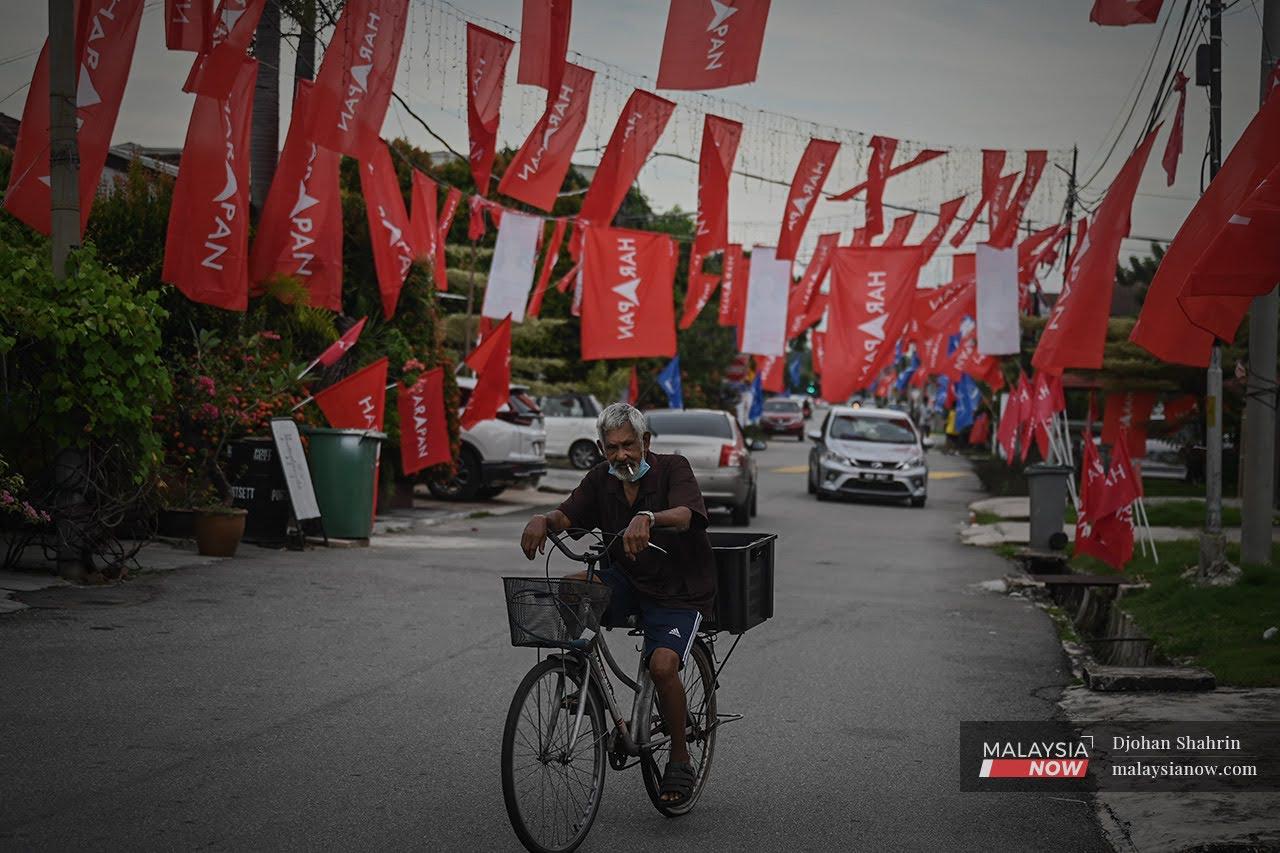‘Just don’t bully us’: Melaka Portuguese indifferent to election outcome
For years, they have been struggling to sustain their settlements and way of life with little help from the powers that be.
Despite several changes in state government behind them and another looming this weekend, the members of the small Portuguese community in Melaka are mainly concerned about just one thing: their future in their quiet settlement in Ujong Pasir.
The biggest threat to this for the 1,500-strong community is the fact that the land on which their village is built is still categorised as leasehold despite years of trying to convert it to freehold.
The settlement was founded in 1930 by two priests with the help of British colonialists.
Activist Martin Theseira said the priests bought the land under a Dutch grant for 999 years.

“But after the entry of the convent which was considered a foreign party, the original grant was cancelled and the land was labelled as belonging to the crown, meaning that it became government land,” he said.
It was later given lease status for 99 years starting in the 1970s.
According to Theseira, there are only 20 to 30 years left in the lease.

While they have been given verbal assurances from the authorities, he said these do not guarantee that the setttlement will be allowed to remain there after the lease expires.
Theirs is the only settlement left – others in Tengkera and Bandar Hilir were swallowed up by modern development.
They had protested against the seawall project in Bandar Hilir but received no response from the state government.
Now, they are haunted by the Melaka Gateway embankment project taking place on the doorstep of their village.
The project was launched in 2014 by Najib Razak who was prime minister at the time.

Theseira said it would destroy the livelihoods of the ethnic fishermen along with the sea-front atmosphere in the village.
He added that the villagers were never consulted before the project began, noting as well claims that it does not fulfil the criteria set in the environmental impact assessment.
“This is our last village,” he said. “We used to have settlements in Tengkera and Bandar Hilir but we lost those to development.
“We don’t care who forms the next government, just don’t bully us. We are only a small community,” he added.
A fisherman who identified himself as Baboi said the Melaka Gateway project had caused a steep drop in their catch of geragau prawns, one of the main ingredients of belacan.

He said the water currents have been disturbed by the mooring, making it more difficult to net the prawns.
“We have been left with only 10% of our normal catch but if we tell the authorities, they don’t believe us,” he told MalaysiaNow.
Baboi, who is 60 years old, said it was the same with the catch at Tanjung Kling.
He voiced hope that the government would heed the complaints of the fishermen in the area.
He said it is not cheap to go out to sea, and that the drop in catch had caused them great difficulty.

Theseira meanwhile said the fishermen have had to move their docks away from the community.
“That was the first casualty of the project,” he said. “It separated the fishermen from the main community here.”
“We are not asking for the moon and the stars. We just want whoever becomes the government to preserve our heritage and ensure our survival.”
Subscribe to our newsletter
To be updated with all the latest news and analyses daily.
